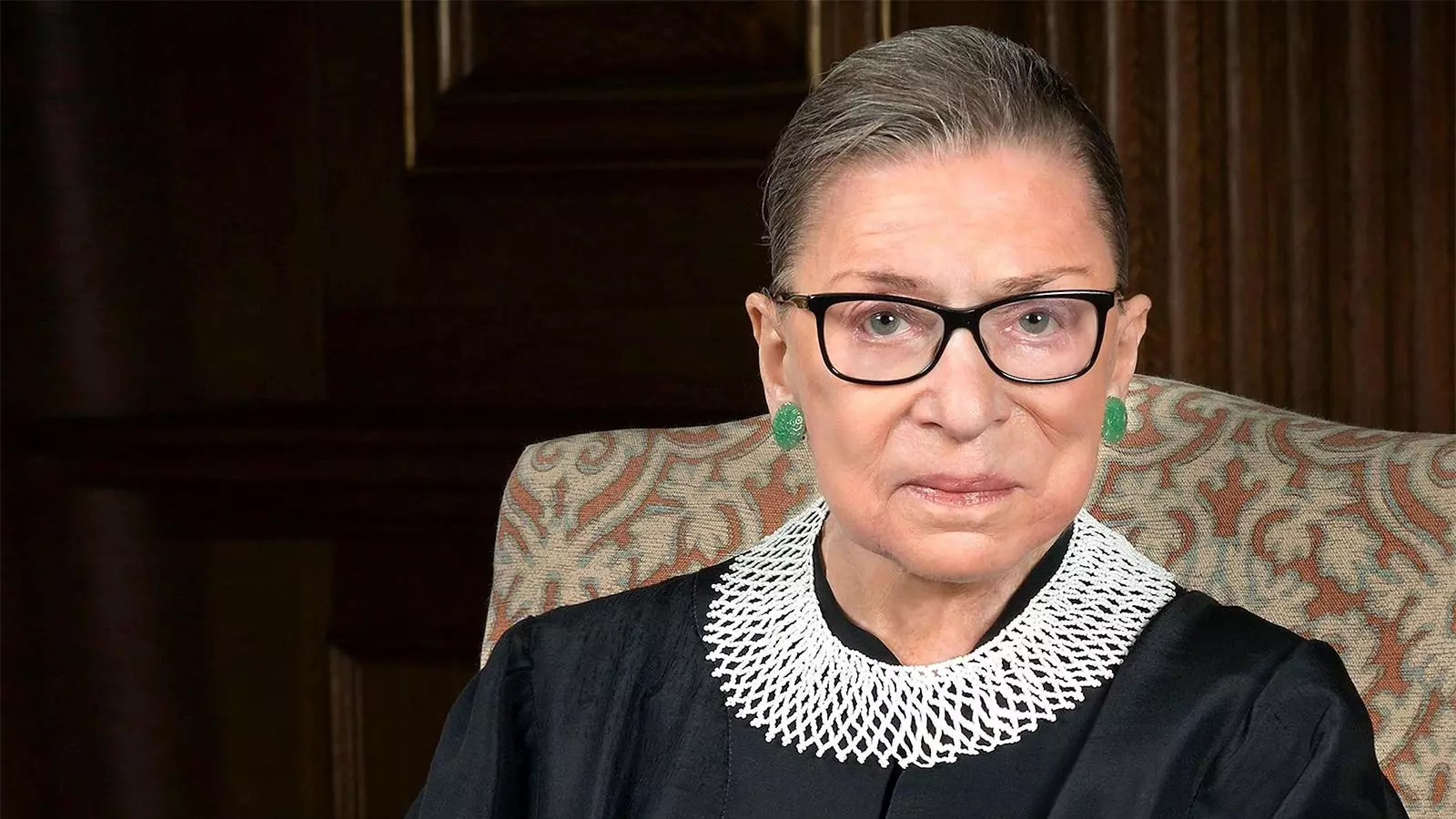The intersection of healthcare and privacy is an area fraught with ethical dilemmas and legal ramifications. A recent high-profile case involving Trent Russell, a former transplant coordinator, has illuminated the severe implications of flouting these protective measures. His unauthorized access to the medical records of Supreme Court Justice Ruth Bader Ginsburg underscores the precariousness of patient confidentiality, especially in the context of high-profile individuals. This incident raises questions about professional ethics, privacy rights, and the legal system’s response to such transgressions.
Trent Russell, a 34-year-old from Bellevue, Nebraska, committed the egregious act of accessing Justice Ginsburg’s medical records during her battle with illness, ultimately leading to a conviction for both illegally obtaining and altering healthcare documents. The timing was particularly egregious as public speculation regarding Ginsburg’s health—including concerns over her ability to continue serving on the Supreme Court—was rampant. Arguments made in court suggested that Russell’s motivations might align with darker themes, as he allegedly shared sensitive information online through platforms known for proliferating antisemitic conspiracy theories. This action was not merely a breach of protocol but an invasion of privacy that raised ethical concerns about the power dynamics at play when an individual’s health is made public without consent.
Following his trial, which culminated in a conviction earlier this year, Russell received a 24-month prison sentence for his actions. This penalty, deemed appropriate by U.S. District Judge Michael Nachmanoff, was underscored by the nature of the crime and the lack of accountability Russell exhibited throughout the proceedings. The judge remarked on the “despicable conduct” displayed by Russell, highlighting how his excuses, including the absurd claim that his cat might have been responsible for the data breach, painted a picture of someone unwilling to accept responsibility for a profoundly irresponsible act.
The sentencing phase provided a platform for contrasting viewpoints on accountability and public figure vulnerability, showcasing a tension in the judicial discourse. Prosecutors argued that Ginsburg’s status as an elderly public figure subjected her to specific vulnerabilities, emphasizing the urgency and severity of Russell’s actions. Conversely, Russell’s defense attorney attempted to pivot the narrative by highlighting Russell’s prior service as a transplant coordinator and military veteran, characterizing him as a hero whose actions were merely a consequence of foolishness rather than calculated malice.
This case serves as a stern reminder of the indispensable need for strict adherence to ethical standards within the healthcare industry. Professionals are entrusted with sensitive data, and the breach of this trust not only damages individuals directly involved but also undermines the integrity of the entire healthcare system. The core principle of “do no harm” is violated when healthcare workers misuse their access for personal gain or outlandish speculation.
Furthermore, the unsettling ease with which Russell accessed highly confidential data raises fundamental questions about the existing security measures in place for protecting patients’ rights. Should further systemic changes be undertaken in light of this incident? The question beckons broader consideration of how institutions can bolster privacy protocols to prevent future breaches, particularly in cases involving individuals under public scrutiny.
The case of Trent Russell and his unlawful access to Justice Ginsburg’s medical records is more than an isolated legal incident; it symbolizes the critical need for healthcare workers to prioritize ethics and accountability. As society progresses into a digital age where privacy is increasingly at risk, the lessons learned from this egregious breach must resonate throughout the healthcare community. Ensuring the protection of patient confidentiality is not merely a legal obligation but a moral responsibility that transcends the particulars of any single case. As such, it is essential for institutions and professionals to recommit themselves to safeguarding the sanctity of personal health information, thus reinforcing trust in an already challenged system.


Leave a Reply